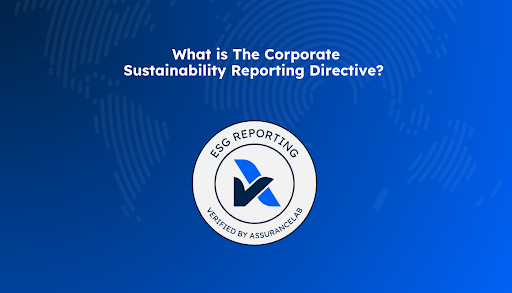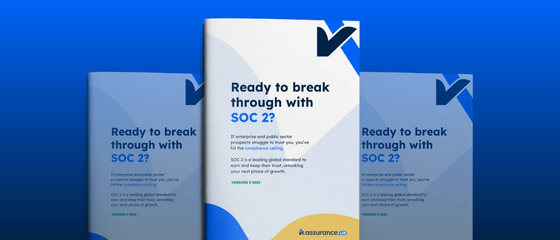
What is The Corporate Sustainability Reporting Directive?
The Corporate Sustainability Reporting Directive (CSRD) is the new standard for ESG reporting for businesses operating in the European Union.
What is the CSRD and why was it adopted?
The Corporate Sustainability Reporting Directive (CSRD) aims to increase the standard of environmental reporting for businesses operating in the European Union. It builds and improves on the Non-Financial Reporting Directive (NFRD). Through more detailed reporting requirements and increasing the number of businesses it applies to, the CSRD aims to reduce the omission of information often seen in ESG reporting.
The new requirements include disclosing environmental, social and governance initiatives across several categories, including: preparation, strategy, due diligence, sustainability, and risk management.
Who does the CSRD apply to?
The CSRD applies to any business operating in the EU, regardless of physical location. If businesses meet the following requirements, they are subject to the CSRD standard.
- Insurance or banking firms
- Companies listed on EU-regulated markets
- Listed and not listed Large EU companies
- EU companies that are the Parent of a large Group
- Small- to medium-sized EU companies
Businesses must also meet at least two of the following:
- Total assets exceeding €20 million
- Net turnover exceeding €40 million
- 250+ employees
- There are additional rules and scoping criteria that apply to Group and EU Subsidiary entities of non-EU parents.
Note: Even if your business doesn’t directly fall under CSRD’s scope, it’s worth noting that supply chain pressures might still make compliance relevant to you.
The CSRD reporting requirements
The CSRD reporting requirements are aligned with the European Sustainability Reporting Standards (ESRS). The ESRS criteria are below.
- ESRS 1: General requirements
- ESRS 2: General disclosures
- ESRS E1: Climate change
- ESRS E2: Pollution
- ESRS E3: Water and marine resources
- ESRS E4: Biodiversity and ecosystems
- ESRS E5: Resource use and circular economy
- ESRS S1: Own workforce
- ESRS S2: Workers in the value chain
- ESRS S3: Affected communities
- ESRS S4: Consumers and end-users
- ESRS G1: Business conduct
AssuranceLab's ESG reporting has been built according to these requirements and is flexible to enable reporting for all organisations, whether you are mandated to report or voluntarily opting to do so.







